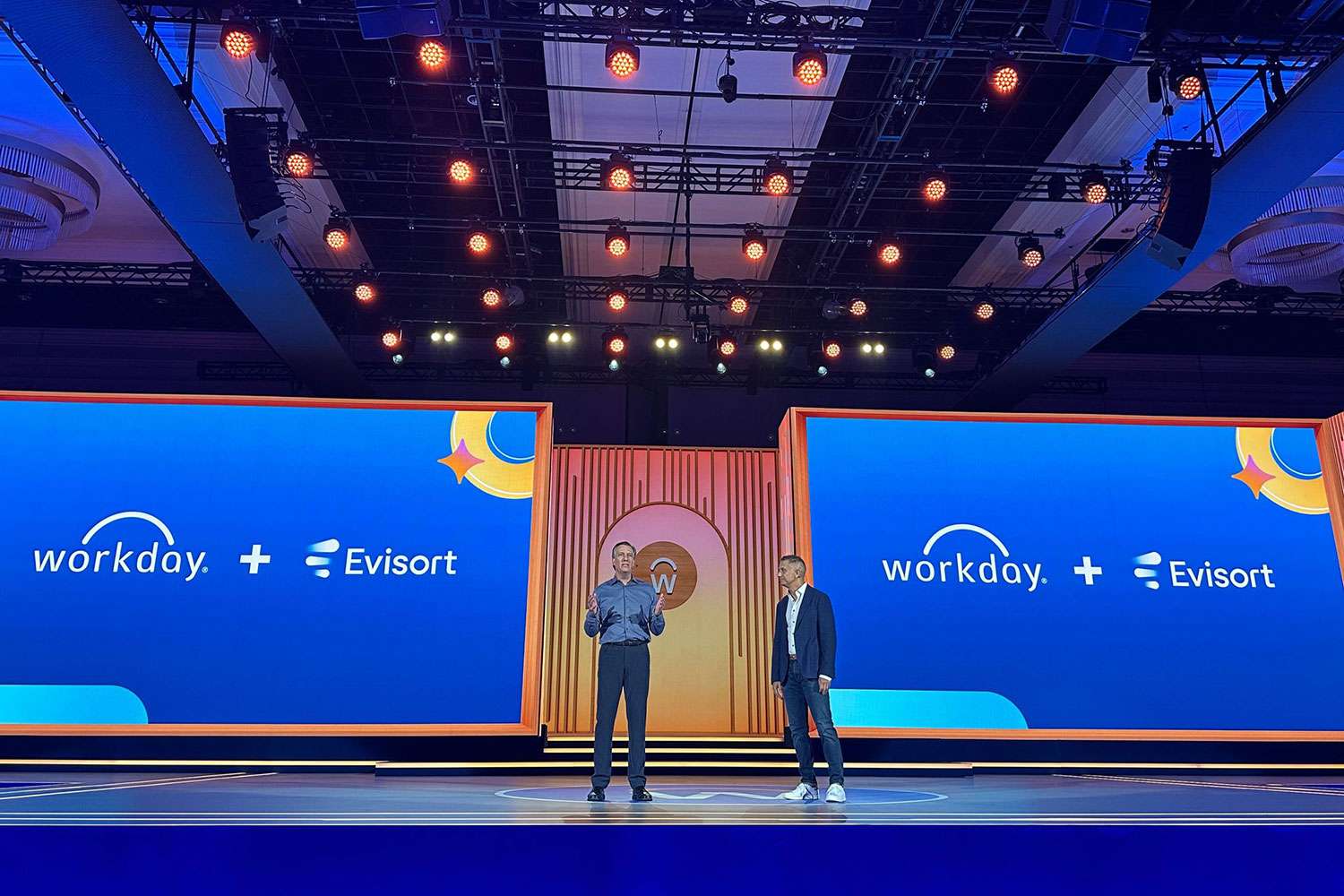Top 4 Advantages of Migrating Your ERP to the Cloud Right Now

As businesses get leaner and meaner, and customers demand more flexibility and adaptability, migrating your company’s key components to the cloud is the most likely future solution. At least half of all organizations using ERP software are accessing it via cloud-based solutions rather than on-premise platforms.
With the industry trending towards ERP in the form of Software as a Service (SaaS) that embodies those same cloud environments, it’s not surprising that plenty of companies are on the move in some form or fashion.
The SaaS transition is a horse of a different color, and something that every company must negotiate at its own pace and price. But getting on the cloud – particularly through Amazon Web Services (AWS) – before your company switches ERP providers is a smart decision for a host of different reasons, including the following four:
1. Data Center Availability
If you have an on-site data center at your business, you’re living and dying based on its uptime. If it goes down, you’re stranded until it’s fixed. In the AWS environment, there are multiple availability zones around the world, guaranteeing an uptime of 99.95%.
2. Procurement Cycles
If you want to set up new infrastructure on premise, you know that patience is a virtue. It will take weeks, if not months, to set everything up, get approval, and test everything. In the cloud, the infrastructure provisioning can be accomplished in a matter of minutes, literally as simple as pushing a few buttons to purchase what you want.
3. Cost-effectiveness
This is where cloud really sells itself to a lot of companies. For example: if you’re a moderately-sized university using PeopleSoft for your ERP, you know that 2-3 times a year when it’s time for the next semester’s registration, students are going to push your servers to the limits trying to register for classes. You must purchase and maintain infrastructure that can support that peak; not doing so leaves you open to dreaded server crashes that can wreak havoc on the entire functionality of your website. But what about the rest of the year when you don’t need those capabilities? Does it make sense to pay for 365 days of maximum processing power when you need far less for 355 of those days? In AWS, you can scale your requirements up and down as necessary as often as you like, paying for more when you need more, and rolling back the costs and usage when you don’t.
4. Flexibility
Hardware is a major investment no matter what kind of budget you are working with. If you’ve been in business long enough, you know the very depressing feeling of buying a piece of hardware and then seeing a vastly improved one roll out on the market six months later. You’re either stuck with the outdated model or spending money again on the new one. When you operate in the cloud environment via AWS, you can change infrastructure resources quickly. With AWS, you pay for what you use.
Schedule an ERPA Cloud Migration Assessment
In the post-COVID 19 work environment of a preference for remote work, rapidly-changing economic conditions, and the need to be as agile and flexible as possible, anytime is the right time for migration to AWS. ERPA offers a cloud migration assessment; if you’re ready to talk cloud, please fill out the form below.































